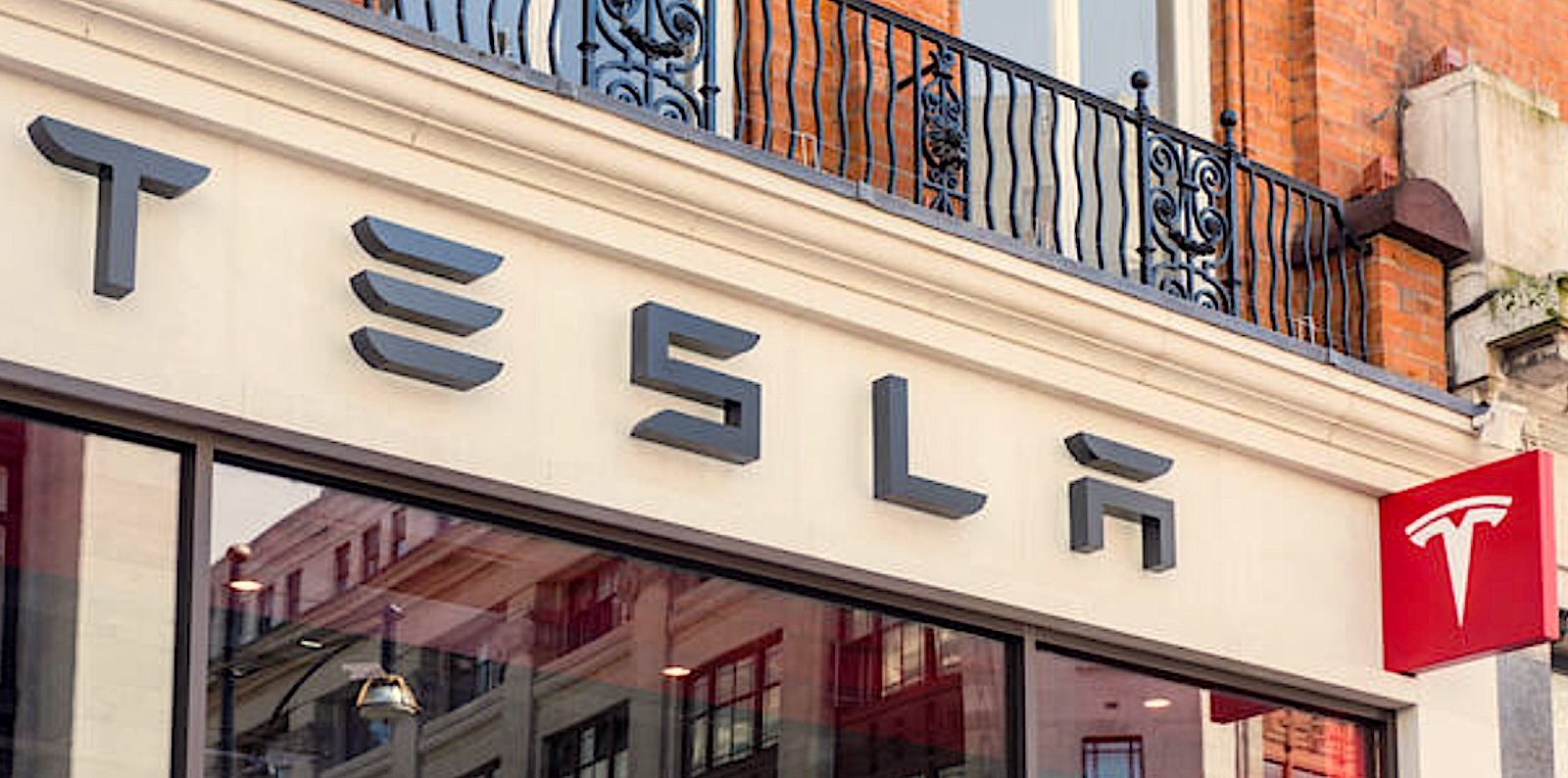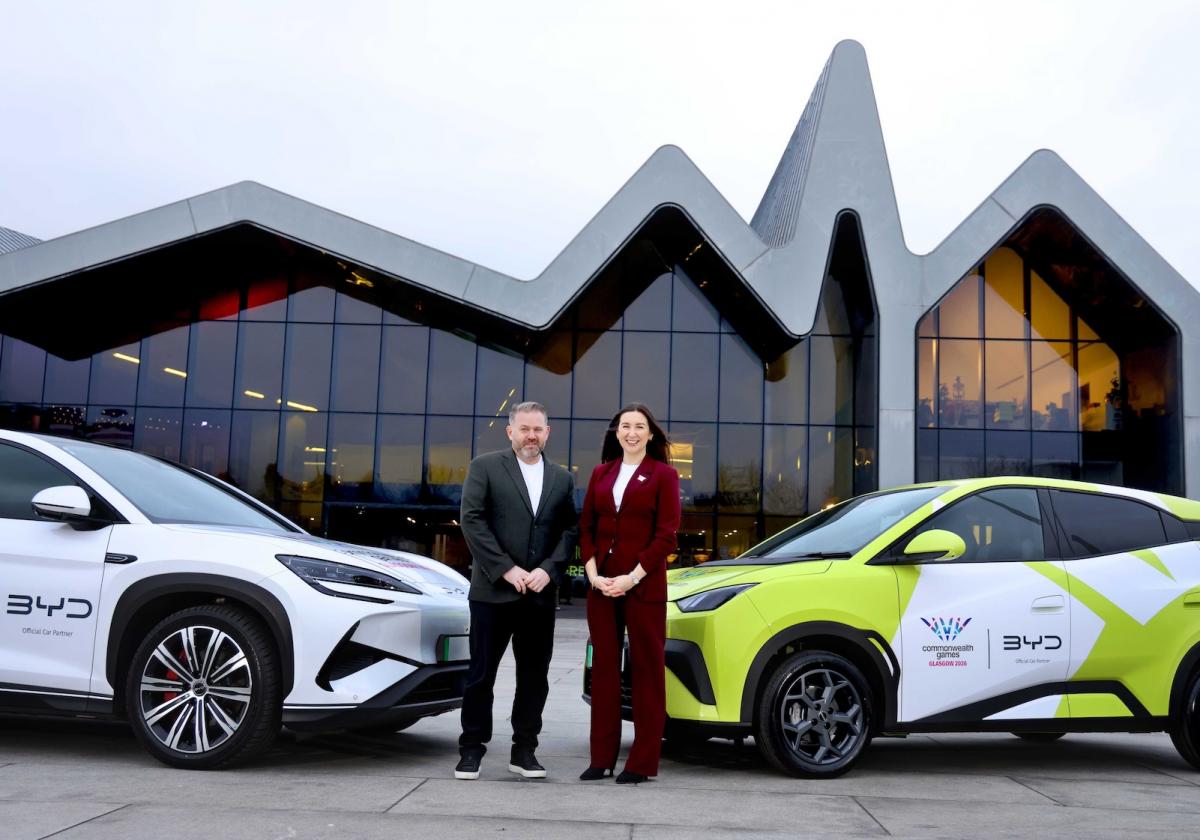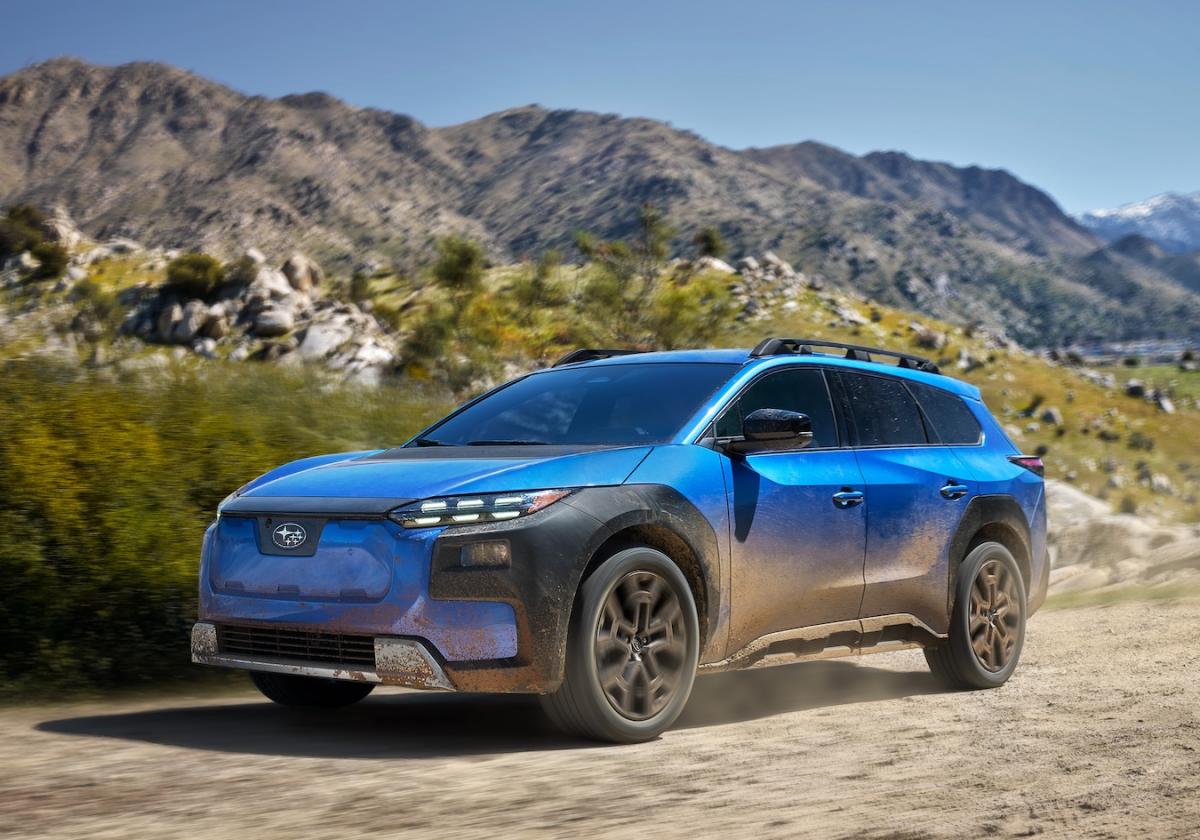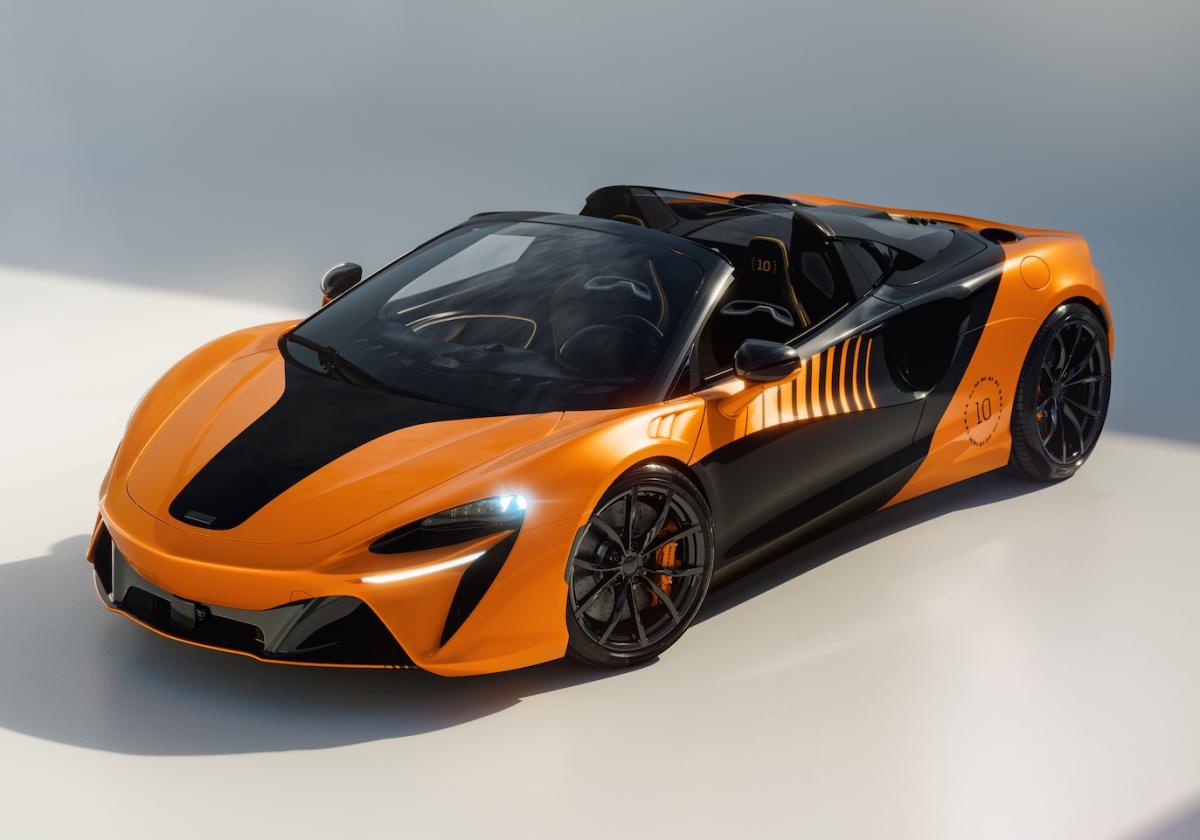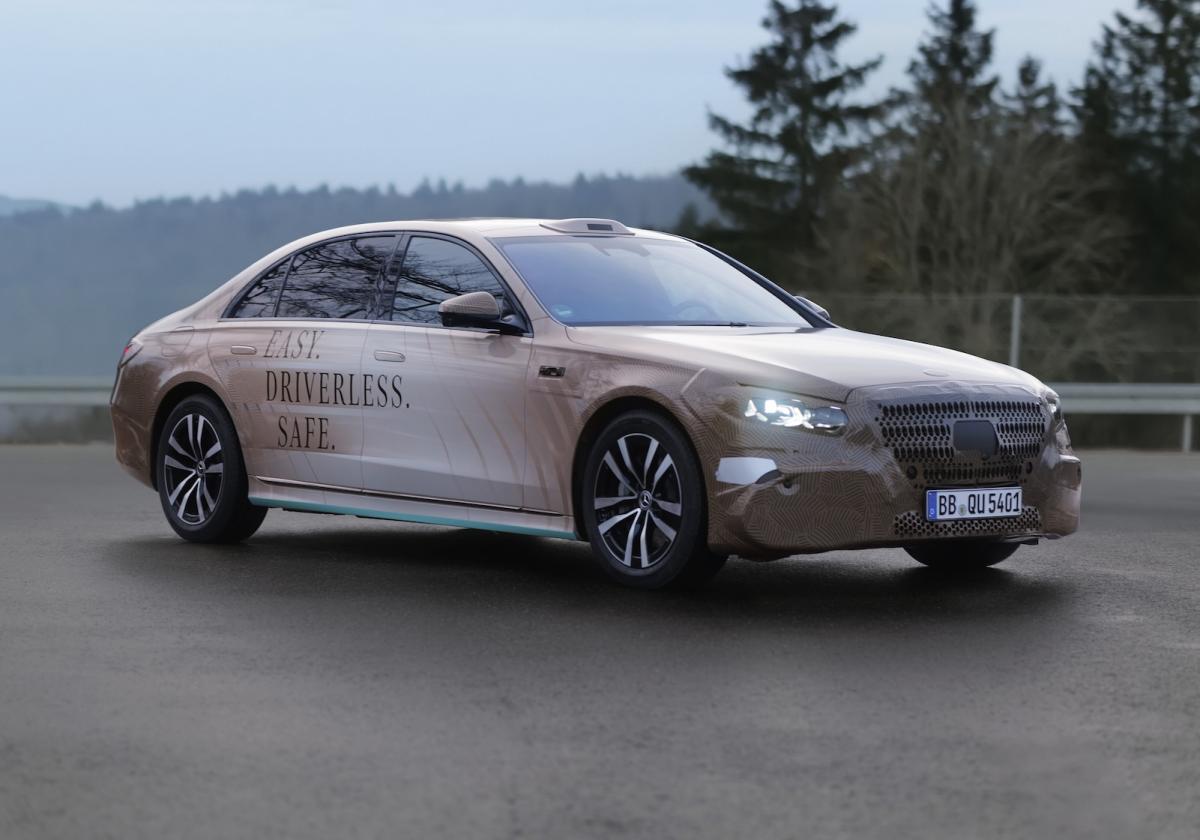Electric vehicles (EVs) have long been considered a niche product, but recent trends suggest they are going mainstream. Here are 5 reasons why now may be the right time to make the switch to an EV for your next car purchase.
1. Pricing Parity
EVs have reached pricing parity with comparable gas-powered models. For example, the Tesla Model 3 starts at around $39,000 ($31,500 after tax credit), quite close to the MSRP for a Toyota Camry at $30,000. The Tesla Model Y crossover SUV is already priced similarly to the popular Toyota RAV4. With EVs no longer at a major premium, more consumers can afford them.
2. Government Incentives
US Federal tax credits of up to $7,500 are available for new EV purchases, which can be applied directly at the point of sale. Many states also offer additional rebates up to $2,500 in certain cases. With incentives bringing down the effective cost, EVs are even more competitive.
3. Global Sales Trends
EV sales are rising steadily worldwide. They reached over 12% of total car sales globally last year. Major markets like China, Europe, and the United States are seeing massive growth as EV technology improves. A new report from BloombergNEF predicts that EVs will outsell gasoline-powered cars by 2030. This momentum shows EVs are here to stay.
4. Environmental Benefits
EVs produce zero direct emissions, which helps combat climate change and reduce local air pollution. For environmentally-minded consumers, going electric is an impactful choice. EVs also have lower operating costs, with electricity being cheaper per mile than gasoline.
5. Performance and Convenience
With instant torque and smooth acceleration, EVs can outperform comparable gas models. At-home charging reduces trips to the gas station. Even on road trips, charging station networks are expanding quickly to reduce range anxiety.
Our Thoughts
The auto industry is clearly embracing a major transformation as electric vehicles (EVs) move into the mainstream. With the right combination of factors now converging, there is a compelling case for consumers to go electric for their next vehicle purchase.
EVs have hit an inflection point in terms of affordability. With pricing parity against gasoline models and generous purchase incentives, they now represent a viable option for more buyers. The improving economics make sense given that costs are declining as production scales up.
Moreover, global EV sales growth shows no signs of slowing down, especially as governments incentivize adoption. Major automakers are investing billions to electrify their lineups. While EVs are still a fraction of total sales, the trajectory is upward and accelerating.
As consumer preferences shift, used car values may begin to reflect demand changes. Electric models could potentially retain value better than internal combustion engine vehicles going forward. Savvy buyers may want to get ahead of this curve.
Performance, convenience, lower operating costs, and environmental benefits add to the EV value proposition. Home charging alleviates pain points. Range anxiety also decreases as charging networks expand.
In short, between reaching cost parity, favorable incentives, proven technology, and long-term tailwinds, EVs present an increasingly compelling option for new car buyers. The switching costs keep decreasing. For those ready to embrace an electric future, the time to take the plunge is now.

